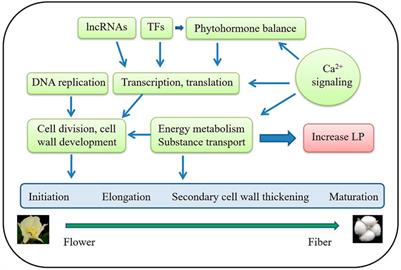EDITORIAL
Published on 23 Mar 2023
Editorial: Genetics of domestication and diversification towards evolution of crop plants
doi 10.3389/fgene.2023.1175931
- 2,051 views
- 1 citation
7,453
Total downloads
32k
Total views and downloads
EDITORIAL
Published on 23 Mar 2023
REVIEW
Published on 21 Oct 2022
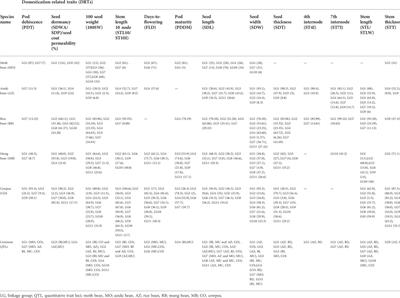
REVIEW
Published on 05 Aug 2022
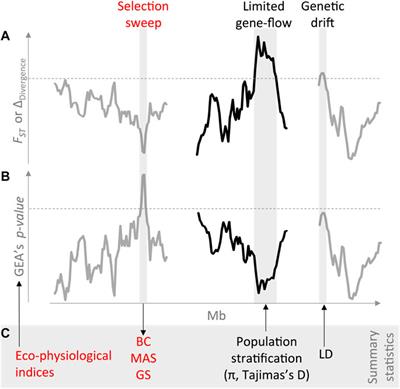
REVIEW
Published on 22 Jul 2022
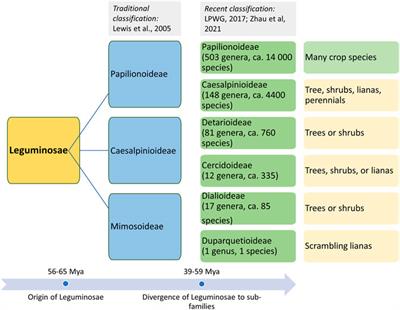
ORIGINAL RESEARCH
Published on 08 Jul 2022
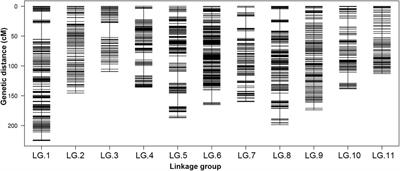
ORIGINAL RESEARCH
Published on 20 Jun 2022
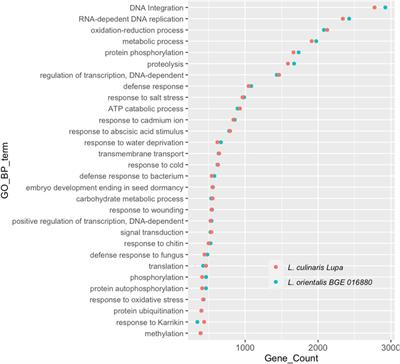
REVIEW
Published on 31 Mar 2022
